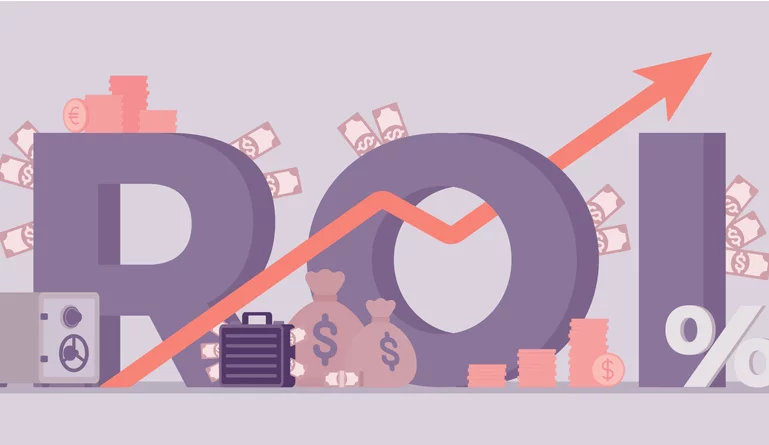Performance marketing is a marketing strategy that focuses on driving measurable and quantifiable results, such as leads or sales, rather than just generating brand awareness. In other words, it’s all about paying for results instead of paying for impressions.
In this blog post, we’ll explore how performance marketing can boost your marketing ROI, using a real-life case study as an example.
Case Study: How Performance Marketing Boosted an E-commerce Store’s ROI
An e-commerce store that sells eco-friendly products wanted to increase their sales and revenue. They had previously invested in traditional marketing methods such as print ads and billboards, but the results were not satisfactory.
They decided to switch to performance marketing and partnered with a digital marketing agency to run a Facebook Ads campaign.
The agency set up a conversion tracking system that tracked the number of purchases made on the e-commerce store’s website from the Facebook Ads campaign. They also used Facebook’s targeting options to reach their ideal audience, which included people who were interested in eco-friendly products and lived in the United States.
The campaign ran for two months, and during that time, the e-commerce store saw a significant increase in sales and revenue. They spent $10,000 on the campaign and generated $30,000 in sales, resulting in a 200% ROI.
Why Performance Marketing Works
Performance marketing works because it allows businesses to reach their target audience more effectively and efficiently. By using data and analytics, businesses can optimize their campaigns to maximize ROI and generate more revenue.
How Performance Marketing Boosted ROI:
Targeted Advertising
One of the biggest advantages of performance marketing is the ability to target specific audiences. With traditional marketing methods, it’s difficult to know if your message is reaching the right people. But with performance marketing, you can use data and insights to identify your ideal audience and target them with relevant ads.
In the case study above, the digital marketing agency used Facebook’s targeting options to reach people who were interested in eco-friendly products and lived in the United States. By targeting the right people, they were able to generate more sales and revenue for the e-commerce store.
Measurable Results
Another advantage of performance marketing is that it provides measurable results. With traditional marketing methods, it’s difficult to know how many people saw your ad or how many people made a purchase because of it. But with performance marketing, you can track every aspect of your campaign and measure its success.
In the case study, the digital marketing agency set up a conversion tracking system that tracked the number of purchases made on the e-commerce store’s website from the Facebook Ads campaign. This allowed them to see exactly how many sales were generated from the campaign and calculate the ROI.
Cost-Effective
Performance marketing can be more cost-effective than traditional marketing methods because you only pay for results. With traditional marketing methods, you pay for impressions or ad space, regardless of whether or not it generates any sales or leads. But with performance marketing, you only pay when someone takes a specific action, such as making a purchase or filling out a lead form.
In the case study above, the e-commerce store spent $10,000 on the Facebook Ads campaign and generated $30,000 in sales. This resulted in a 200% ROI, which is significantly higher than what they had achieved with traditional marketing methods.
Conclusion
If you’re interested in trying performance marketing for your business, consider partnering with a digital marketing agency that has experience in this area. They can help you set up a campaign, track its success, and optimize it for maximum results.
Ready to take the first step towards success? Contact Zavops and let us guide you!










